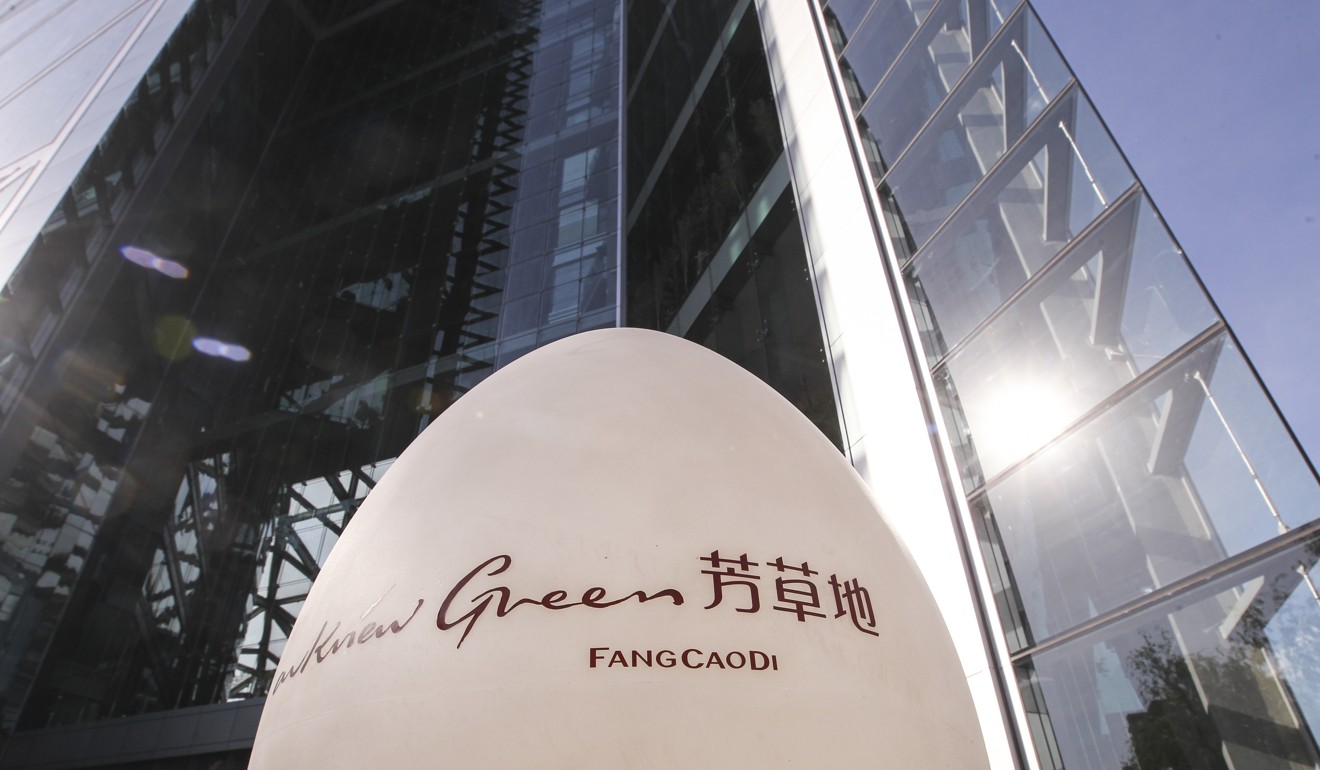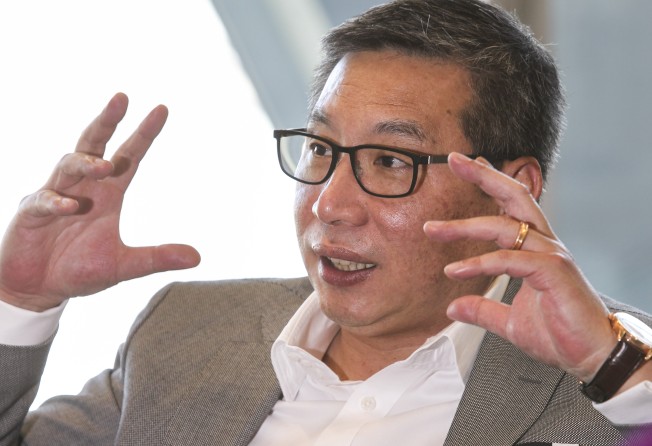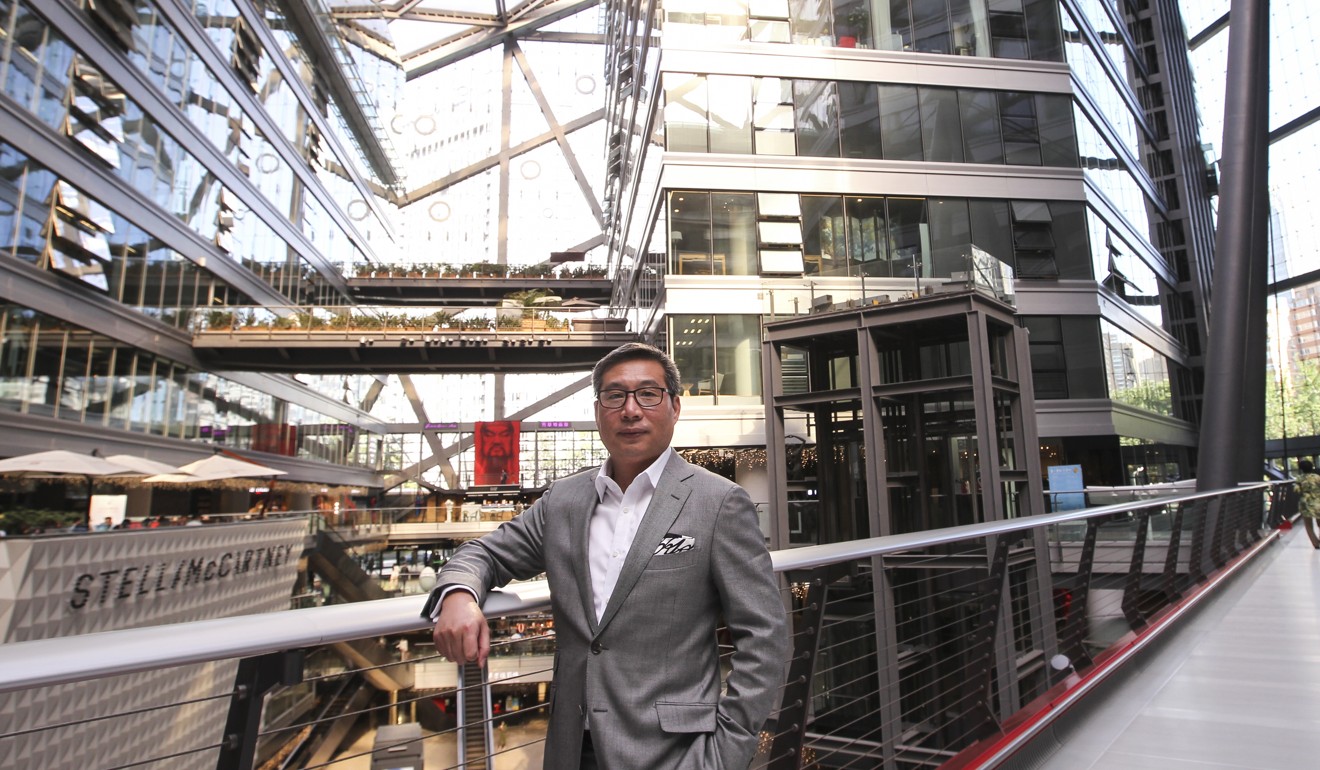
Parkview Green pursues ‘always fresh’ strategy in face of competitive mall market
Group plans to duplicate the DNA of Parkview in other projects, fine-tuning specifics based on individual local market needs

Oliver Lai’s work experience spans 20 years in real estate, media, marketing and other related industries. He has worked for many well-known companies such as Taipei 101 and Blockbuster BEI, among others. Since 2007, he has served as head of sales and marketing for Parkview Group, where he oversees Parkview Green Beijing as well as the group’s other projects in Nanjing and Huizhou.
Born in Taiwan, Lai earned an MBA from Royal Roads University, British Columbia, Canada.
Can you explain your strategy for tenant mix? How do you choose brands?
We don’t define our shopping sector as “luxury”, “upscale” or “fast fashion”. Our primary goal is to expose visitors to a unique lifestyle. For example, you can spend just 18 yuan [US$2.60] here to enjoy a bowl of Taiwanese noodles, which is not so common in Beijing. Cinemas and supermarkets can only afford much lower rent but we still invite them because they are about lifestyle and can attract the right customers who bring business to other tenants.

We have a motto “Always fresh”. We basically change 20 to 25 brands per year, which is extraordinarily high by international standards. This is because competition here is intense. E-commerce is prevalent. Consumers in Beijing, Shanghai and Shenzhen learn really fast and are much more willing to try new things. It forced us to think more often what brands are particularly appealing to our target consumers.
We have a very lean strategic operation team – six to seven people for the mall part and eight for the office part – but they are from very diverse nations. They studied what brands fit Parkview Green and then went knock on the doors of those brands. We introduced Tesla in this way, for example.

Every city has its own character. In this way, you can’t replicate Parkview Green Beijing in other cities. But beyond personality, there are commonalities. The DNA of Parkview – art, green and the building complex – can be duplicated. We keep the three fundamentals and fine-tune the specifics based on individual markets and local consumers.
We have not stopped examining and negotiating new projects around China. Construction has begun on a project in Huizhou, Guangdong, that integrates a hotel and a gallery.
How is your office business performing?
Our 87,000 sq metres of office space is now 98.8 per cent occupied and is home to big tenants including publishing giant Hearst Corp and law firm Dentons. Our efforts to make tenants feel they always work in a refreshing environment are reflected in many details. For example, all outside deliveries are concentrated on our second underground floor and then delivered [to the recipients] by our internal staff. We deliver free barrelled water to our tenants. The office part is also under the first revamp since opening, just to make sure tenants have a new experience. The average rent now is about 550 yuan per square metre per month, which is among the highest in Beijing.
As a Taiwanese who has worked in Beijing for 10 years, what are your feelings about the city? Any frustrations?
The pace of social evolution in Beijing is the fastest I have ever seen in the world. I have seen much fewer cases of spitting, littering and horn blowing on the street, especially in the past five years. This is also a highly international city where you have to compete not only with Chinese, but with talent from around the world.
To be honest, the thing that vexed me the most is having to teach my employees how to give “service”. This is not the case in Shanghai where there is a long tradition of serving other people. I have to constantly teach my employees how to offer international standards of service.